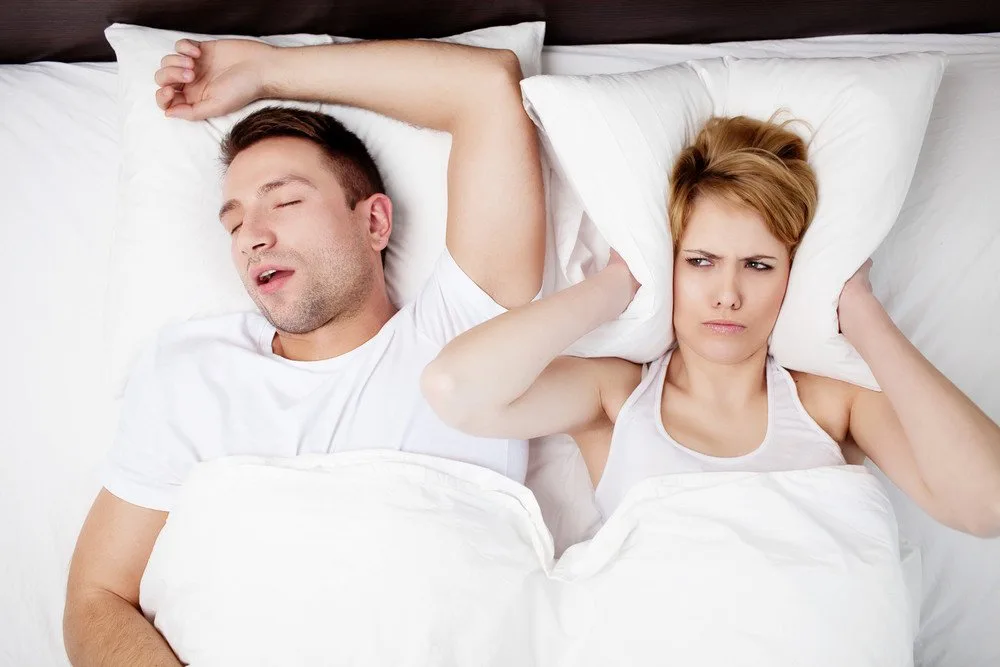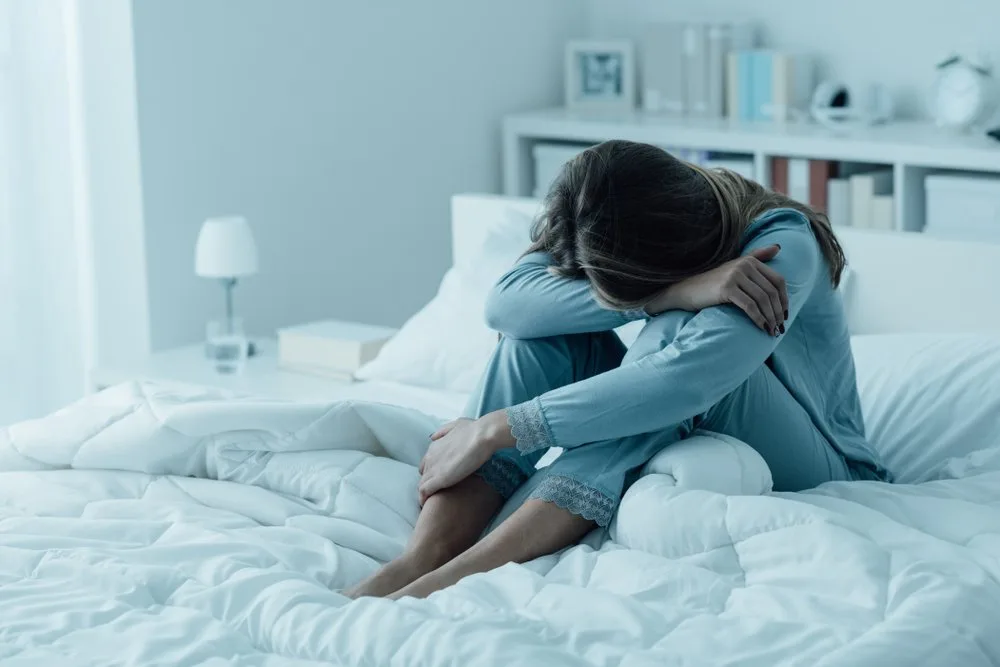Depression affects every aspect of your life. Usually, people define it as a state where you feel sad and hopeless, but it’s much more than that. Depression involves anxiety, lack of strength and motivation to carry on, chronic pain, and yes, worse sexual performance.
People with depression have a lower sex drive; moreover, it can also negatively impact their orgasm and performance in bed. It’s rough not only for people affected by mental health problems but also for their partners. Such problems may even lead to breakups or divorces.
If you think that your mental health might be affecting your sex life, there are some symptoms you should pay attention to. Monitoring them will help you determine whether it’s true. What are the examples, and how do you deal with them? You’ll find the answers in the article below.
Depression and your sex life
Lower Sex Drive
Different libidos is an entirely normal thing in a relationship. Nevertheless, many things can affect your libido, and depression is one of them. And how do you determine whether your lack of sexual desire is the effect of depressive thoughts? Several factors indicate that.
First, if you’ve suddenly lost interest in any sexual activity that once used to give you pleasure, it might be a sign of depression. Of course, you also have to determine whether you feel attracted to your partner. And if the answer is yes, it may indicate a more severe problem.
Keep in mind that losing interest in activities you once loved is one of the most common symptoms of depression. Sex is no exception.
Another sign that mental problems cause your low libido is the lack of strength to have sex. You want to but always feel too exhausted to carry on.
What’s more, even if your sex drive isn’t directly affected by depression, it might be one of your antidepressants’ side effects. Certain medications can negatively impact your sex drive, and there’s nothing you can do about it.
If you encounter such problems, it’s best to contact your doctor, who will determine whether it’s antidepressants that cause your sexual issues.
Sexual Dysfunctions
The second most common effect of depression on your sex life is erectile dysfunction in men and lack of vaginal lubrication in women, as well as difficulty reaching orgasm. Similar to low sex drive, many aspects can cause such difficulties. And again, some patterns may indicate depression.
If you’re starting to notice that you have a problem getting or maintaining an erection during intercourse, that might be a sign of potential depression. What’s worse, it’ll make you more anxious and ashamed, which can end in a self-destructive cycle.
The same goes for women who can’t lubricate their vagina naturally before sex. Often, it’s depression-related fatigue that’s responsible for such difficulties. If you feel that’s the case, you need to seek help as quickly as possible.
Once again, the problem might be your medications. Many antidepressants have adverse side effects on your sex life, so reach out to your physician if you notice any disturbing or unusual symptoms.
How to Deal With Your Problems
Now that you know the devastating effects depression can have on your sexual performance, it’s time to answer a question regarding dealing with this terrible foe. And when it comes to dealing with depression, you should know one thing. It’s not an easy task, but it’s doable.
Talk To Your Partner
The first step you need to take is an honest conversation with your partner. If you see that they’re trying to reach out to you, don’t push them away. Talk to your partner openly about your condition. Keep in mind that if your depression negatively affects your sex life, then you’re in this together.
The case may be that another person doesn’t know what’s going on inside your head. They also might be too scared to talk about, and then it’s up to you to mention it in your conversation. It won’t be easy, but it’s crucial if you want to ensure you get the help you need.
Seek Medical Advice
It’s obvious to seek medical help when you feel something isn’t right. Still, many people tend to underestimate their mental health, whereas it’s equally essential for your general well-being as a physical condition.
First, try reaching out to a sex therapist. Taking sessions yourself or with your partner will help you determine whether it’s depression that causes your sex life problems.
If it turns out it’s true, then you have to take care of your mental health as quickly as possible. Contact a psychiatrist who’ll be able to prescribe you the right medication and provide you with the treatment you need.
The Bottom Line
Depression is not a joke, and without proper treatment, it can even lead to suicide. But feeling depressed means much more than just lack of motivation, willingness to live, or mood changes. As you can see, it can also negatively affect your sex life.
And sure, many things influence your sexual performance, but some factors can help determine whether depression is one of them.
Now, while you may be looking to buy sex aids online in an effort to improve your sex life, this may not necessarily fix the issue. The crucial thing to do as soon as you realize that your mental state is responsible for your bed difficulties is an immediate reaction. People tend to underestimate depression until it’s too late. Don’t make the same mistake.

Who is the author?
Albert Konik is a psychology student at the University of Amsterdam. He’s mainly interested in how sex impacts our lives. After graduation, he wants to open his own sex therapy and help couples improve their sex lives. He spends his free time playing the piano, reading books, and walking his dog.








![women [longevity live]](https://longevitylive.com/wp-content/uploads/2020/01/photo-of-women-walking-down-the-street-1116984-100x100.jpg)









